Conventional Testing
Conventional Testing
Conventional non-destructive testing (NDT) has long been the foundation of asset integrity and quality assurance. At Assessfie NDT, we deliver time-tested inspection methods backed by skilled technicians and field-proven solutions. Our services cater to newly-built equipment, existing infrastructure, and decommissioning projects, ensuring reliability and compliance at every stage. By selecting the right technique for your application, we help you identify defects early, minimize risks, and extend asset life.
Comprehensive Condition Monitoring Programs
We enable you to maintain a continual, value-adding view of your assets through strategic, interval-based condition monitoring. By deploying advanced monitoring technologies and collecting data both continuously and at defined intervals, we help you meet regulatory requirements safely and efficiently.
- Reduced safety risks for personnel and equipment
- Fewer personnel on board (POB) during inspections
- Improved utilization of inspection resources
- Continuous monitoring of known concern areas and anomaly locations
- Access to difficult-to-inspect locations with minimal disruption
- Reduced costs from repeat inspections
Get a Quote
Need more help?
7799345977
Our Conventional NDT Services
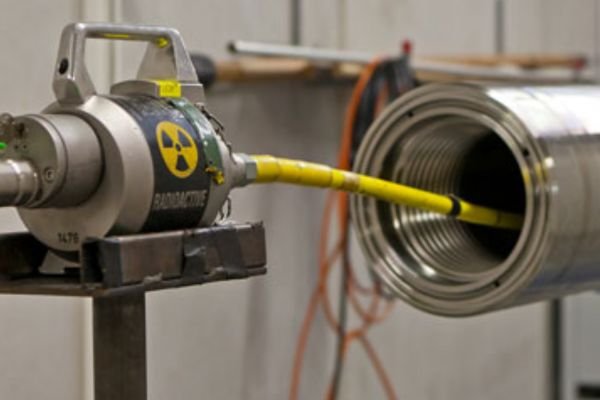
Uses X-rays or gamma rays to detect weld defects and internal discontinuities. Provides clear imaging to evaluate wall loss and hidden flaws.

A fast and reliable method to reveal surface and near-surface cracks in ferromagnetic materials. Ideal for welds and structural components.
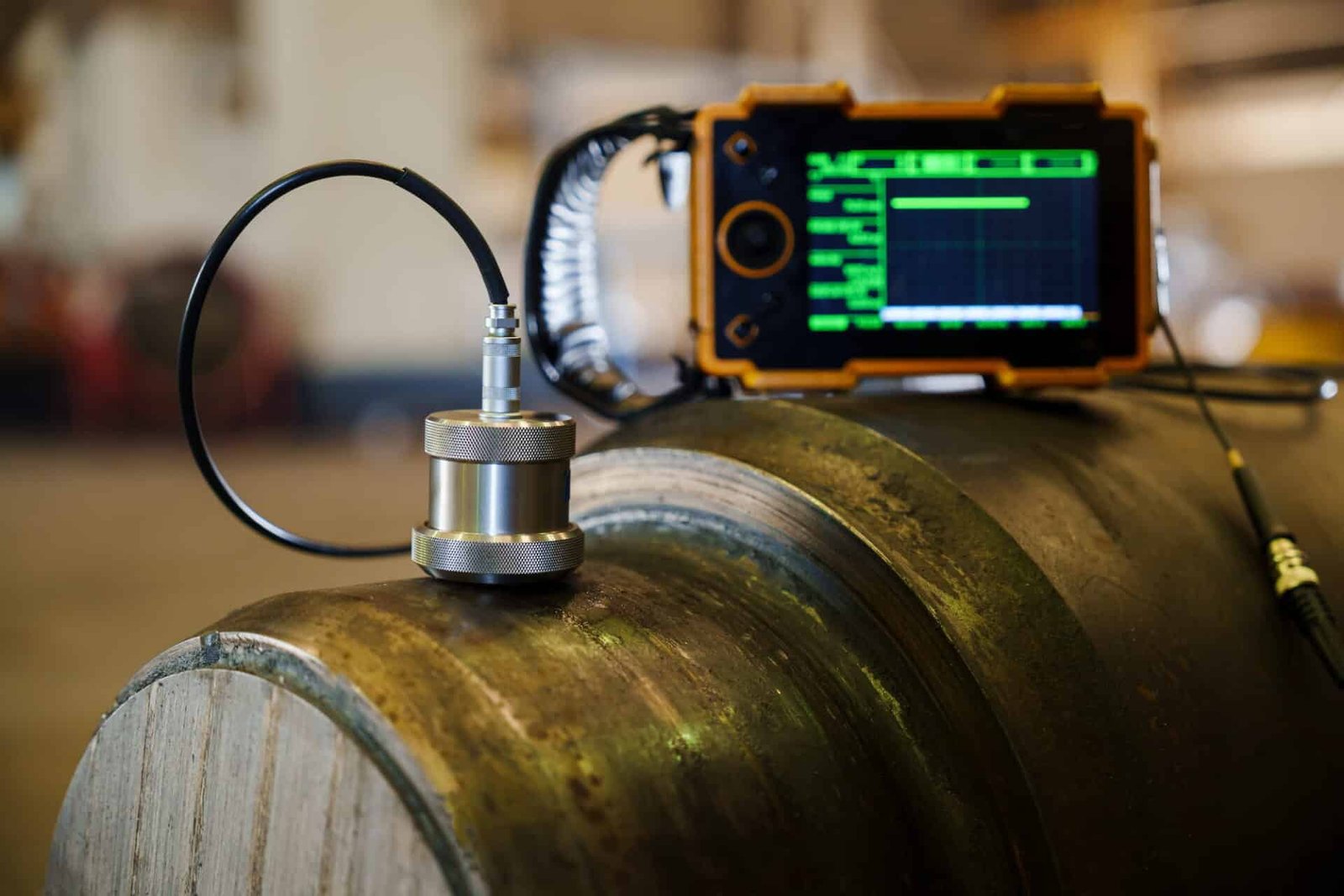
Employs high-frequency sound waves to measure wall thickness and identify internal cracks, voids, or material degradation.
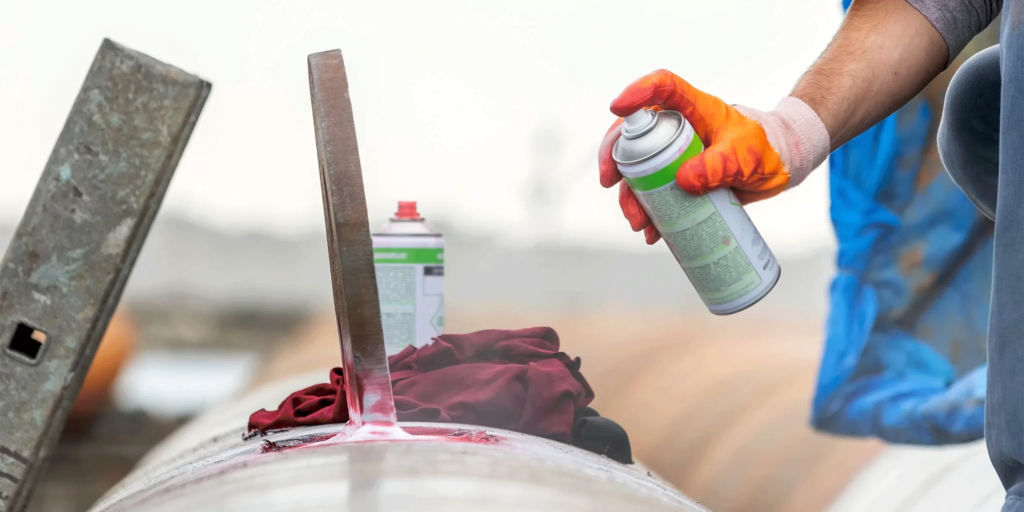
Detects surface-breaking cracks and imperfections by applying a visible or fluorescent dye. Suitable for both ferrous and non-ferrous materials.
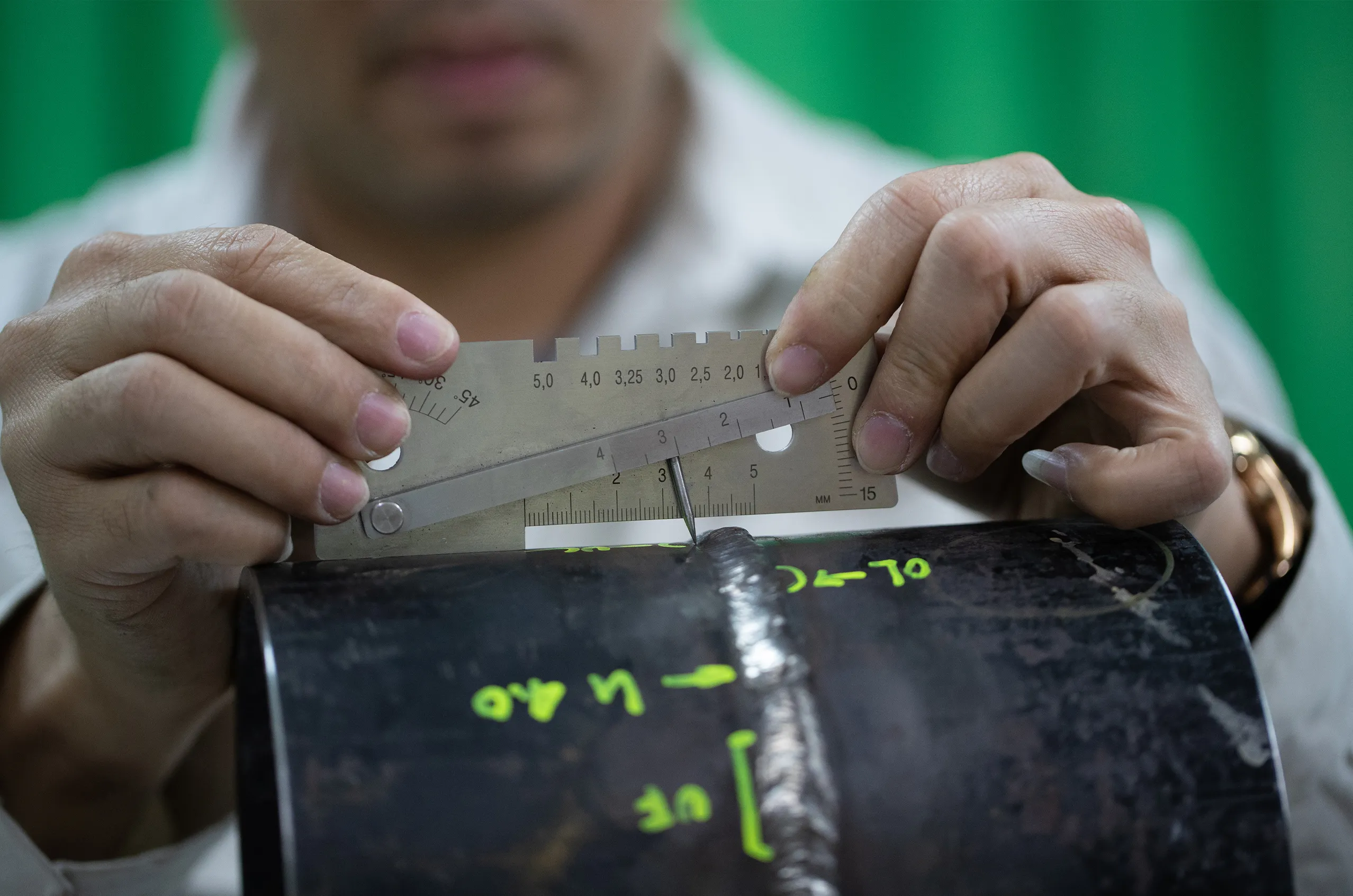
Direct assessment of equipment, structures, and welds using expert inspectors and, where required, aided by tools like cameras, drones, or magnifiers for enhanced accuracy.
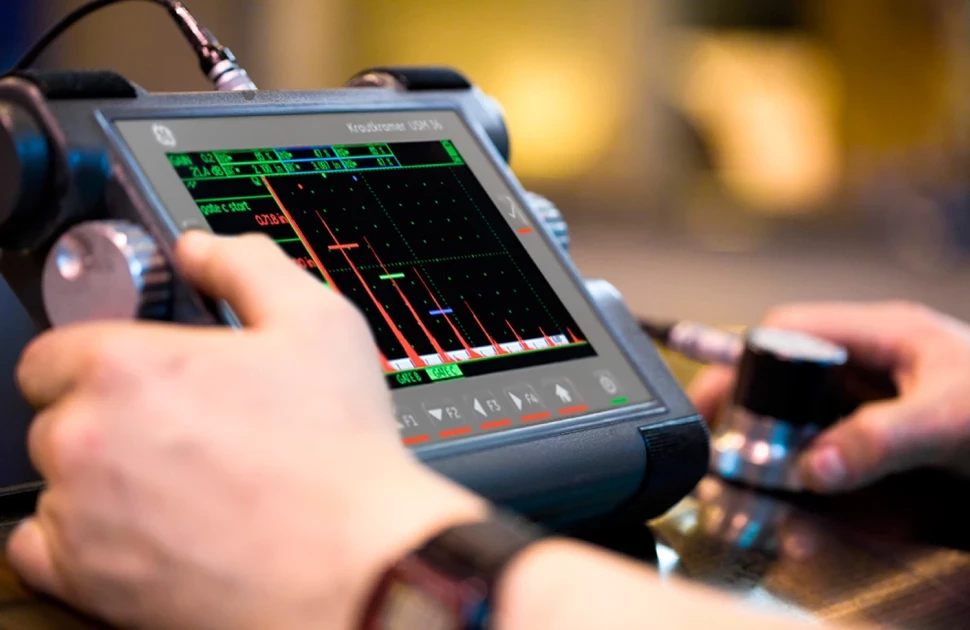
Eddy Current Testing
Eddy Current Testing is a highly versatile non-destructive method used to detect surface and near-surface flaws in conductive materials. It is widely applied for tubing, welds, and component inspections where quick, accurate, and non-contact testing is essential.

